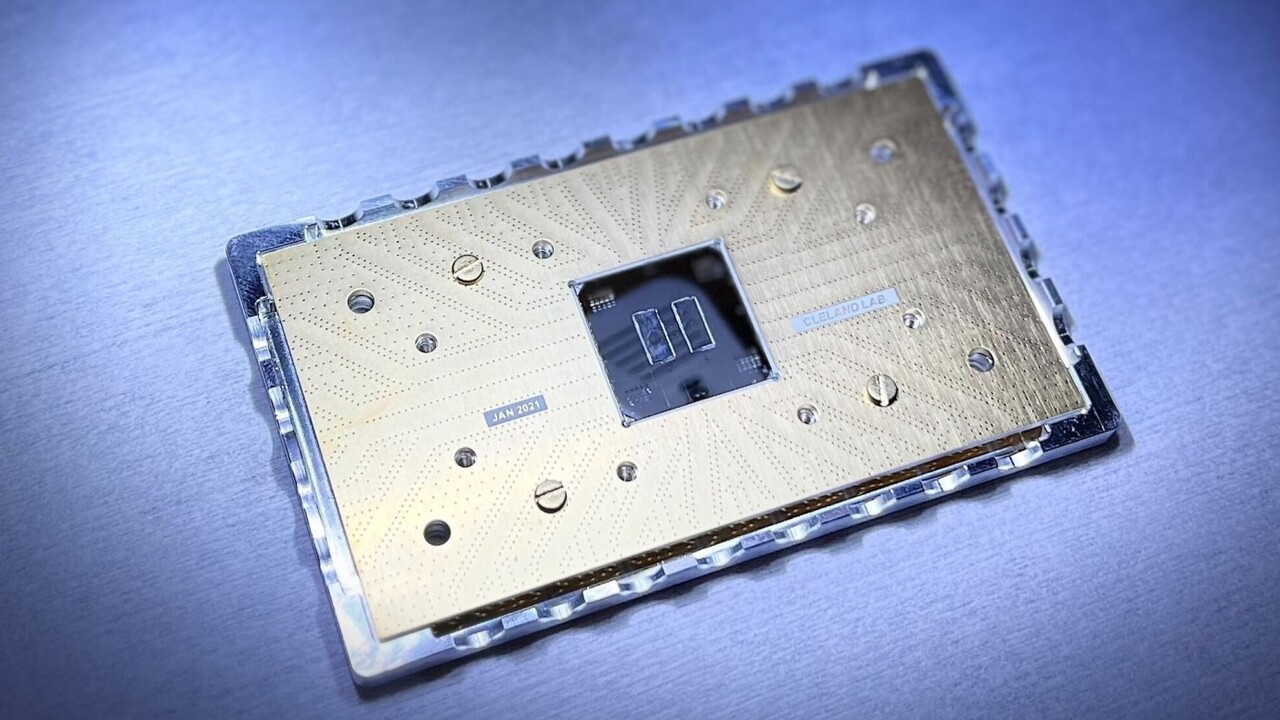Unlike a traditional 2D mesh, the new design is a modular system with a reconfigurable router as the central node. This allows any two qubits to connect and entangle, providing greater flexibility compared to previous systems where qubits could only interact with their immediate neighbors.
The team believes that this modular approach, inspired by classical computer networks, could make quantum processors more scalable and fault-tolerant. The design also aims to improve quantum entanglement, which is critical for quantum computing and communications.
The researchers’ goal is to create processors that can scale to millions of qubits while maintaining high precision. The team is now focusing on expanding the range over which qubits can travel and exploring ways to integrate additional technologies into their designs.
Source: Ferra
I am a professional journalist and content creator with extensive experience writing for news websites. I currently work as an author at Gadget Onus, where I specialize in covering hot news topics. My written pieces have been published on some of the biggest media outlets around the world, including The Guardian and BBC News.










